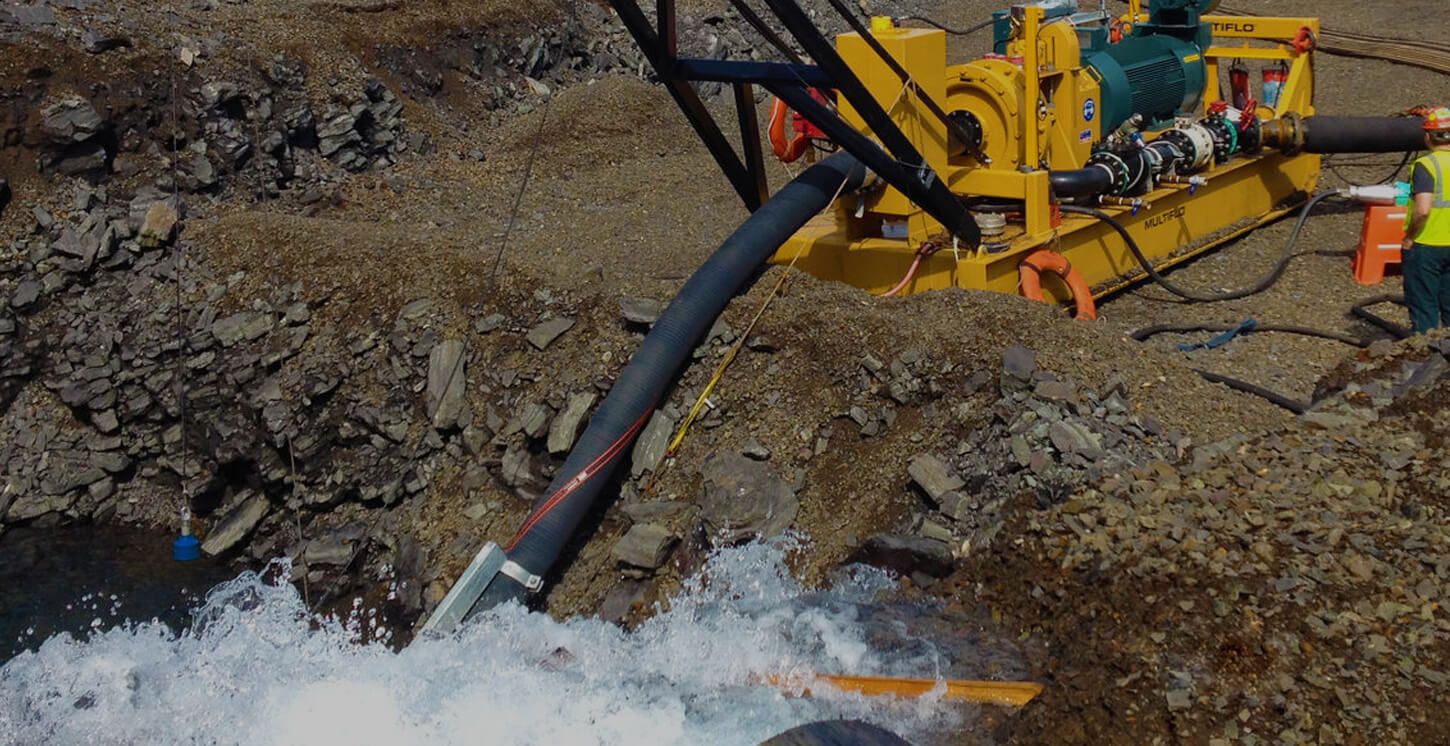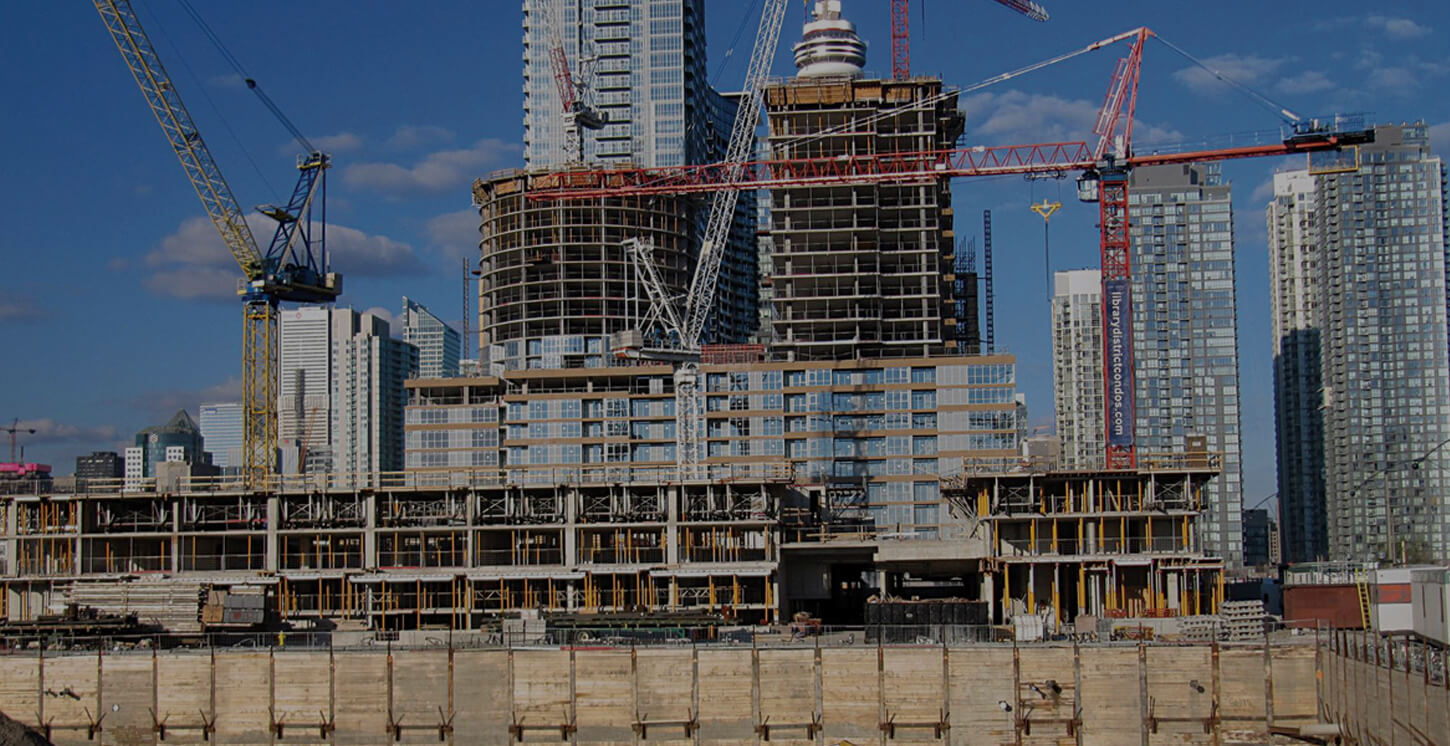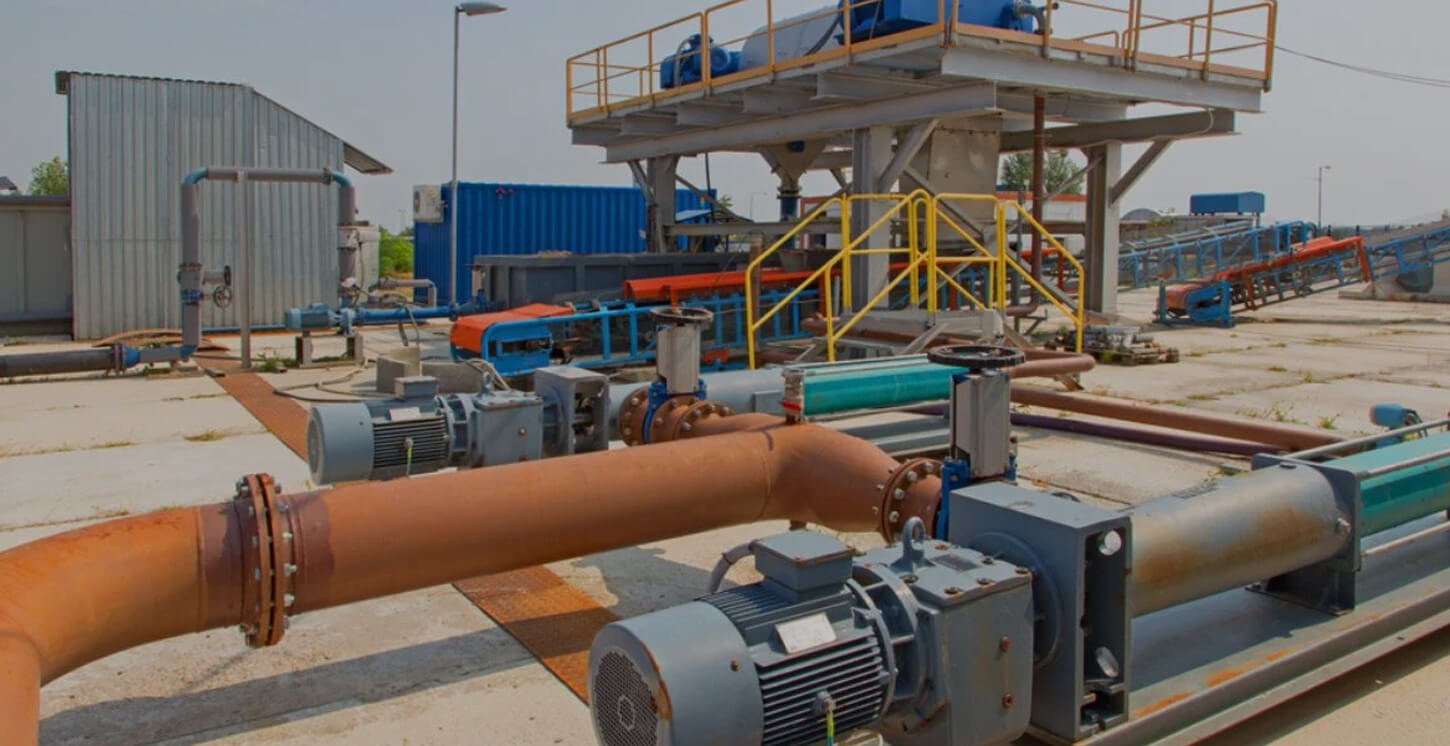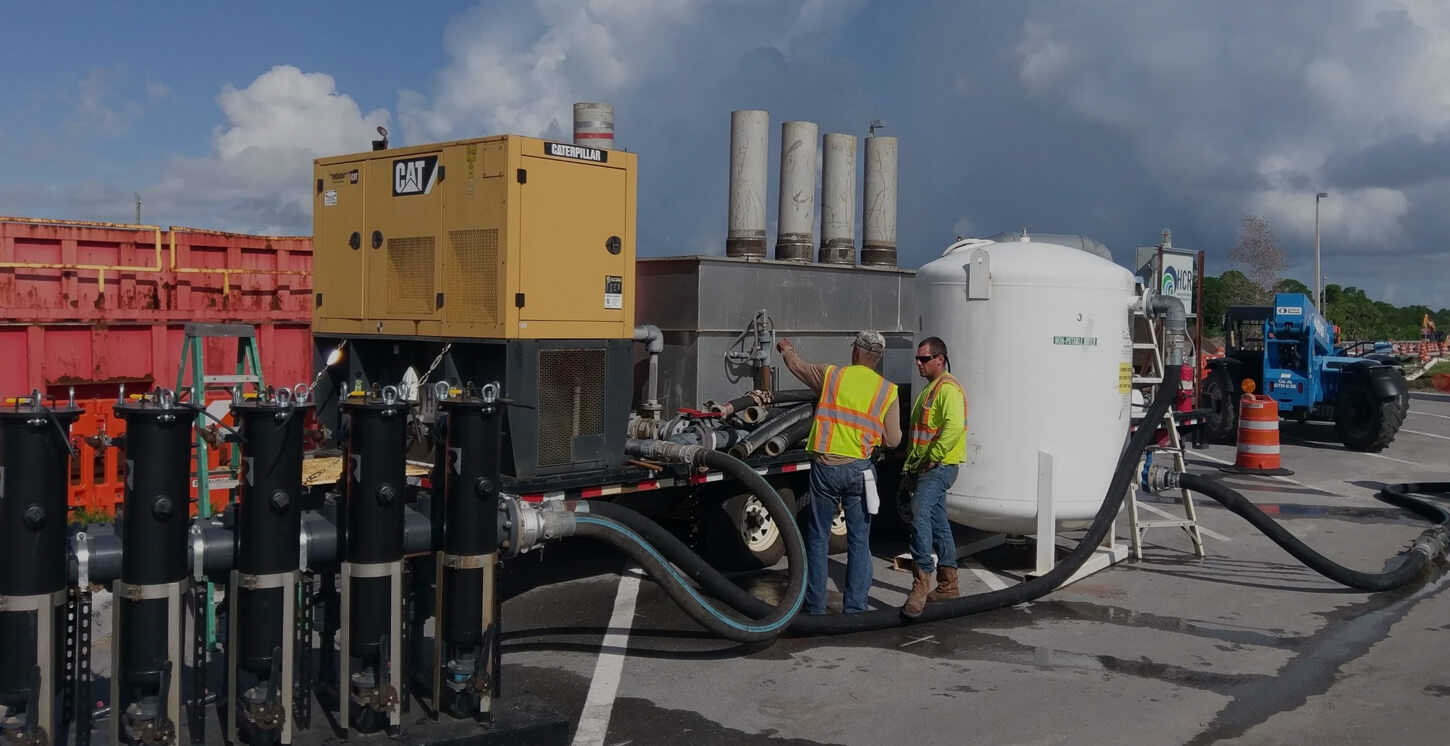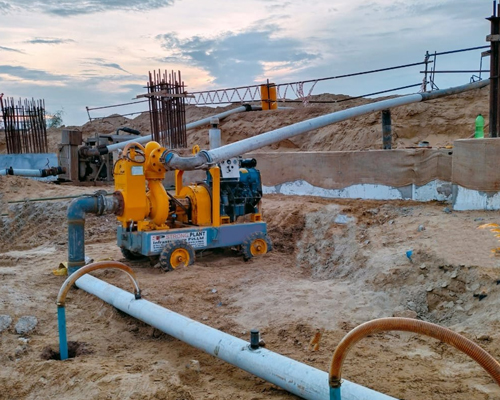
Dewatering Contractor Service in Chennai – Our PS-Dewatering Service is a best Dewatering services are highly sought-after, with many construction businesses searching for the most reliable dewatering specialists for our project. There are a huge range of benefits to carrying out dewatering, including saving both time and money in the long run.
PS-Dewatering Service is pioneer in providing the best dewatering services to residential, commercial and infrastructure construction projects in Chennai. With several years of experience in reducing damages caused due to groundwater and providing workable dry environments for construction, we love challenges and continue to work tirelessly to find innovative solutions. We observe, assess and offer technical support 24X7 for all dewatering requirements in projects of every scale and magnitude.
Give us a call! We’re here for you: 9176161694.
For any further information on the products, email us at psenterprisesdw@gmail.com
Excellent Dewatering Contractor Services in Chennai
The process of dewatering filters liquids and solids, therefore reducing of waste and as a result cutting down on waste management and waste disposal costs. Plus, this liquid can then be re-used, and this brings about cost savings of its own.
COMMON USES
- Groundwater control
- Pre-drainage for excavations
- Dam rehabilitation
- Expansion of existing structures
- Stabilizing wet fly ash and bottom ash ponds
Like many of the business waste services we provide at PS-Dewatering Services, dewatering projects require a specialist team with extensive knowledge in their sector. Alongside knowledge, dewatering services also require significant investment in specialist equipment to ensure a quality result.
Professional Dewatering Services in Chennai
PS-Dewatering Services offers a full range of dewatering services from full contractor dewatering and groundwater control management to filter press hire as part of our industrial cleaning services. By utilizing high quality filter press units, we can provide relevant training to your in-house staff or provide an operator as required. We have a range of partners we work alongside to provide the best equipment for each project we work on.
PS-Dewatering is the removal of water from wastewater treatment solids slurry in quantities greater than what is achieved by thickening. Mechanical processes and land dewatering techniques are detailed to aid in selecting the most appropriate method for the sludge under consideration. One major reason for dewatering is to decrease the capital and operating costs for final sludge disposal. Dewatering sludge solids from a 1 to 20 percent solids concentration reduces volume by three-fourths and generates a cake-like material that has a non-fluid consistency.
Find Out More About Our
Dewatering Services
The process of dewatering and groundwater control begins when an expert from PS-Dewatering will visit the client site to carry out a site survey. A sample of the liquid waste will be taken and tested to ensure the waste can be filtered and determine the correct disposal method. It will also determine the quality of the filtrate and dryness of solid filter cake.
This process can be carried out in our laboratory or at your premises using our mobile test filter press. Once this has been completed calculations can be made and a full proposal submitted to you, the client.
THE THREE TYPES OF DEWATERING
Main dewatering techniques
Construction dewatering methods refer to techniques such as wellpoints, deepwells, bypass and flood control. In wellpoint and deepwells submersible pumps are installed in a drilled well shaft, while in bypass and flood control pumps are placed in the area that needs to be dewatered.
Wellpoint dewatering is a common method used to lower the groundwater table in an excavation or construction site. It involves installing a series of shallow wells, known as wellpoints, connected to a common header pipe and pump.
Deep well dewatering involves the installation of deeper wells to control and lower the groundwater table in areas with more significant water-related challenges.
Wellpoint Dewatering:
How it Works: Wellpoints are inserted into the ground around the perimeter of the excavation. The wellpoints are then connected to a vacuum or jetting system, creating a lower pressure zone that draws water from the soil into the wellpoints. The water is then pumped away from the site. Wellpoint dewatering is effective for shallow excavations, trenches, and construction sites with permeable soils.
Deep Well Dewatering:
How it Works: Deep wells are drilled into the ground, typically reaching into an aquifer or a lower layer of permeable strata. Submersible pumps are then placed in these wells to draw water from the deeper layers and discharge it away from the site.
OUR SERVICES :
Tractor Compressor , Electrical Vacuum, Tractor Dewatering, Dewatering Contractor
Testimonials
FAQ’s
What is dewatering?
Dewatering is the process of removing or controlling groundwater from construction sites, excavations, or other areas to create a dry and stable working environment.
Why is dewatering necessary for construction projects?
Dewatering is necessary to prevent water-related issues such as soil instability, foundation failure, and unsafe working conditions. It ensures a dry environment for construction activities.
What types of projects require dewatering services?
Dewatering services are commonly required for construction projects involving excavations, foundations, tunnels, mines, and any situation where groundwater poses a risk.
How do dewatering contractors assess the dewatering needs of a project?
Contractors typically conduct a site analysis, considering factors such as soil conditions, water table depth, project size, and local regulations to determine the most suitable dewatering method.
What are the common dewatering methods used by contractors?
Common dewatering methods include wellpoint dewatering, deep well dewatering, sump pumping, and the use of specialized dewatering pumps.
Are there environmental considerations with dewatering?
Yes, environmental considerations are crucial. Contractors must comply with environmental regulations to ensure responsible water management and prevent the discharge of contaminated water.

